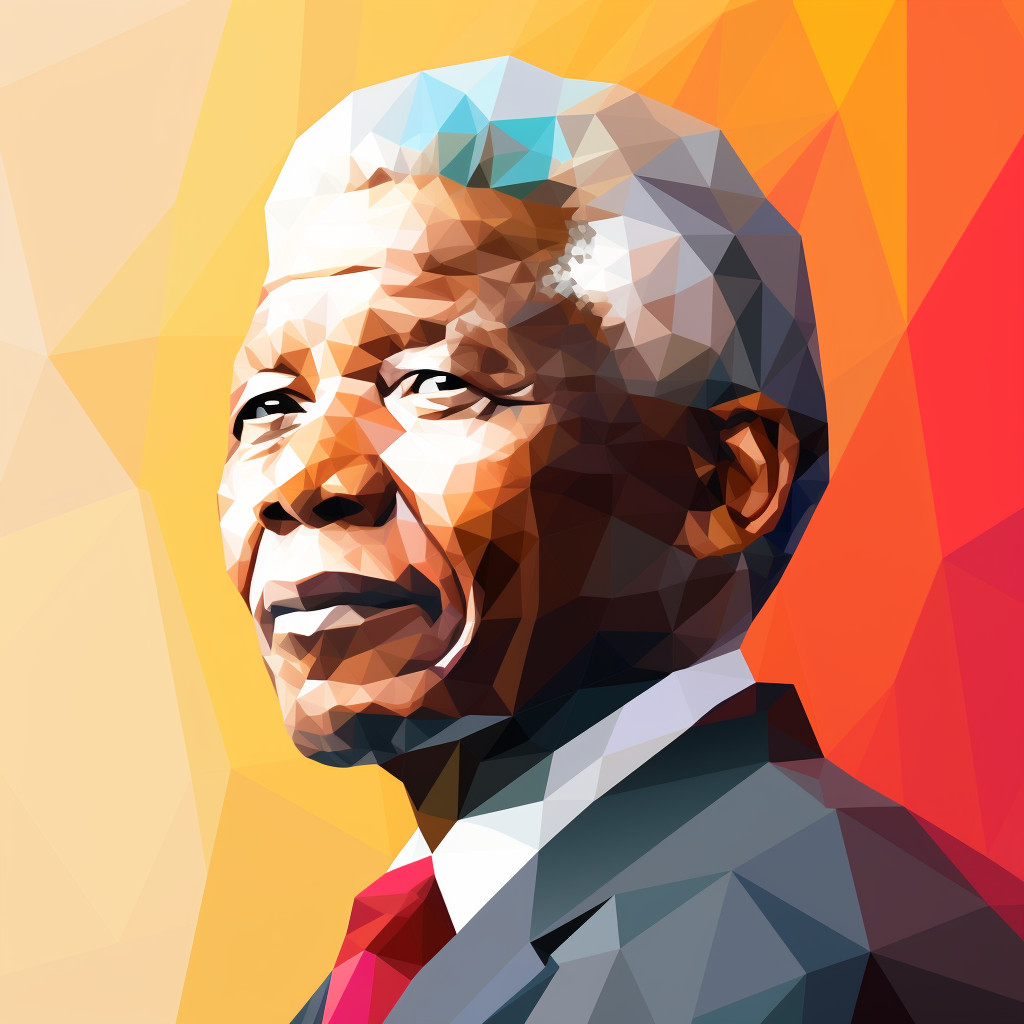This quote emphasizes the innate freedom that every person is born with. The hunger to be free, as mentioned, is not a natural state but a condition that arises when one’s inherent freedom is suppressed or denied. It underscores the fundamental human right to freedom, which is not something one should have to strive for, rather it should be a given state of existence.
The hunger for freedom, therefore, is a response to the imposition of restrictions, constraints, or oppression. It is a call to return to our natural state of being, a state of freedom. This quote suggests that freedom is not a destination but our starting point. It is not a privilege to be earned, but a right to be protected.
In today’s world, this quote can be applied in various ways. At a societal level, it can be seen in the fight against systemic racism, gender inequality, and other forms of discrimination. People in such situations are not born with a desire to fight for their rights, but they develop this hunger because their inherent freedom is being denied.
In terms of personal development, the quote reminds us that we are born free to make choices, to express ourselves, and to pursue our passions. It encourages us to resist any external or internal forces that attempt to limit this inherent freedom. This could mean overcoming self-doubt, breaking away from toxic environments, or challenging societal expectations that limit our potential. It is a call to reclaim our birthright, to live freely and authentically, and to resist any form of oppression.









